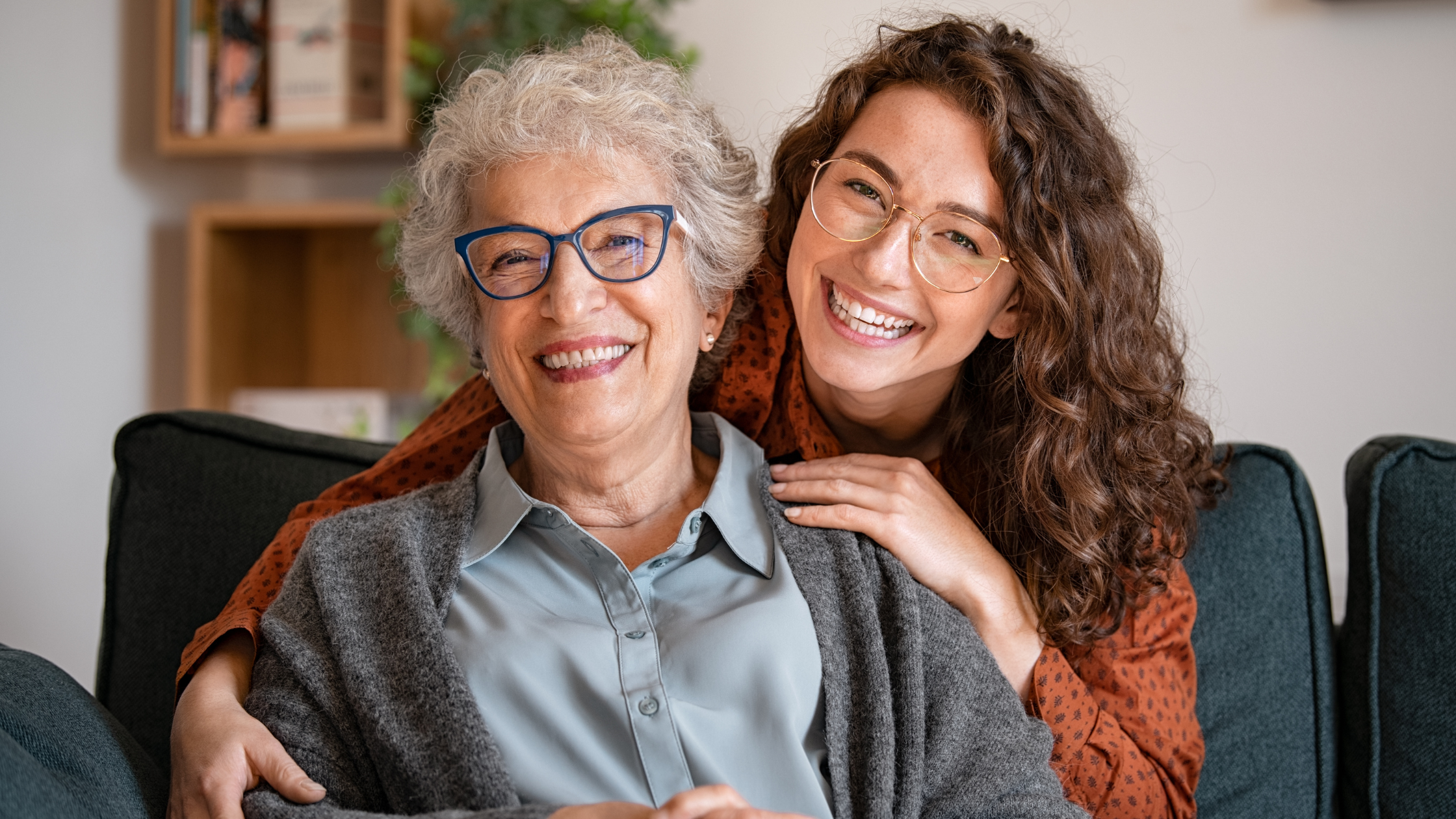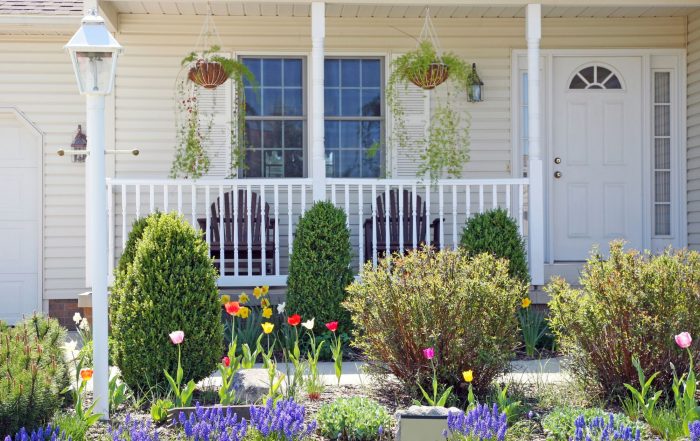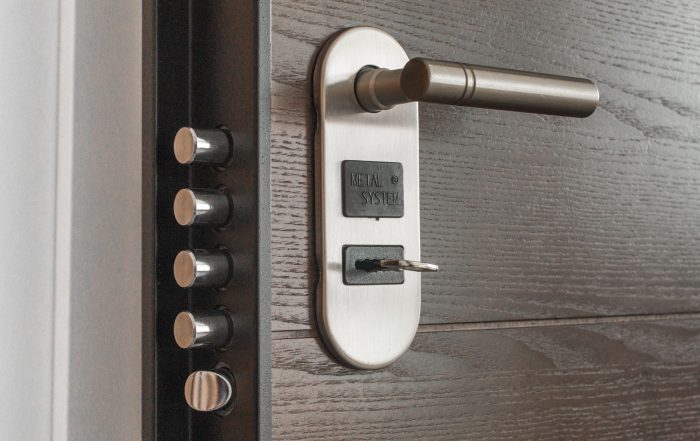
Home Security Tips for the Elderly
Creating a safe and secure environment is crucial for the […]
Creating a safe and secure environment is crucial for the well-being of the elderly. In this blog, we’ll explore practical home security tips tailored to the unique needs of seniors, ensuring their safety and peace of mind.
Lighting:
Adequate lighting is a simple yet effective way to enhance home security. Install motion-activated lights at entry points, hallways, and outdoor spaces. As a result, having well-lit areas not only deter potential intruders but also reduce the risk of falls and accidents for seniors with mobility challenges.
Smart Home Security Systems:
Invest in smart home security systems. We recommend NoEntry by Sonis, a house alarm that is easy to set up and will offer whole home protection in under 5 minutes. The alarm can be armed and unarmed using a key fob or via the NoEntry app.
The NoEntry alarm has a ‘panic’ feature which, when activated, alerts you or a trusted person immediately.
Secure Entry Points:
Reinforce doors and windows with sturdy locks and deadbolts. You should consider installing a peephole at a comfortable height for easy use. For sliding doors, place a rod or dowel in the track to prevent forced entry. Furthermore, regularly check and maintain the integrity of all entry points.
Emergency Response Systems:
Subscribing to an emergency response system can be a game-changer for seniors living alone. These systems come in the form of wearable devices or home-based units. They activate in a fall, medical emergency, or security threat, connecting seniors to emergency services with the push of a button.
Neighbourhood Watch and Community Involvement:
Foster a sense of community by participating in or establishing a neighbourhood watch program. Close-knit communities are more likely to look out for one another, creating a supportive environment that enhances overall safety. Encourage open communication among neighbours about any security concerns.
Home Maintenance:
Regular home maintenance is essential for both safety and security. Trim overgrown bushes and trees near windows, as they can provide cover for intruders. Keep the exterior of the home well-maintained to give the appearance of an occupied and cared-for residence.
Medication Management and Secure Storage:
Seniors often have medications that need to be stored securely. One way to do this is by checking that medications are kept in a locked cabinet, especially if there are carers or visitors in the home. By having proper medication management not only safeguards health but also minimises the risk of medication-related accidents.
Fire Safety:
Home security extends beyond protection from intruders to include safety from other hazards. To prevent this, install smoke detectors and test them often. You can also create and practise a fire escape plan, and make sure seniors know how to use fire extinguishers.
Conclusion:
Creating a safe and secure home environment for the elderly involves a combination of physical precautions, technological advancements, and community support. By implementing these home security tips, we can help our elderly loved ones feel more secure and empowered in their homes, promoting independent living and a higher quality of life.



